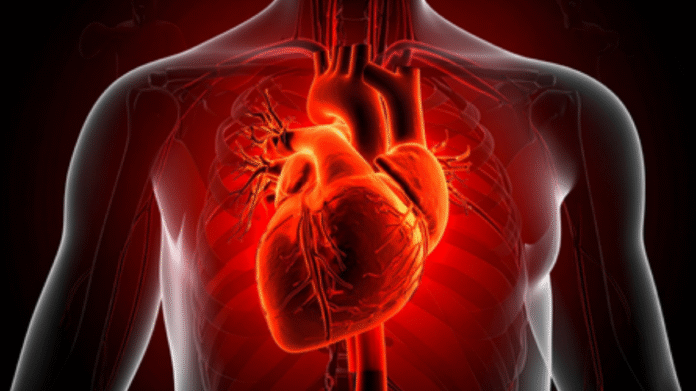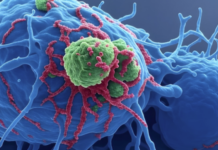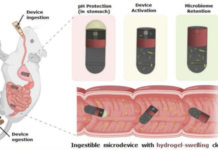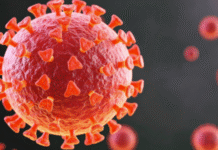NEW DELHI– Heart attacks, or myocardial infarctions, may be triggered not only by cholesterol buildup but also by dormant bacterial infections, according to a groundbreaking study by researchers in Finland and the UK.
The study, published in the Journal of the American Heart Association, challenges the traditional view that coronary artery disease is driven solely by oxidised low-density lipoprotein (LDL). Instead, it suggests that bacterial biofilms hidden in arterial plaques can play a decisive role.
“Bacterial involvement in coronary artery disease has long been suspected, but direct and convincing evidence has been lacking,” said Professor Pekka Karhunen of Tampere University, who led the research.
The team found that atherosclerotic plaques often contain gelatinous biofilms — protective layers formed by bacteria that can remain asymptomatic for years or even decades. These biofilms shield bacteria from the immune system and antibiotics.
A viral infection or other external stressor can activate the dormant bacteria, triggering inflammation. This inflammatory response may rupture the fibrous cap of a cholesterol plaque, leading to blood clot formation and, ultimately, a heart attack.
Researchers detected genetic material from multiple oral bacteria inside arterial plaques and developed antibodies to target them. This revealed clear biofilm structures in arterial tissue. In patients who suffered heart attacks, bacteria released from these biofilms were observed, with the immune system’s response causing the rupture that precipitated the event.
The findings open new directions for diagnosis, treatment, and even prevention of heart attacks. The study suggests that vaccines could one day help prevent coronary artery disease and myocardial infarction by targeting the bacterial component. (Source: IANS)













